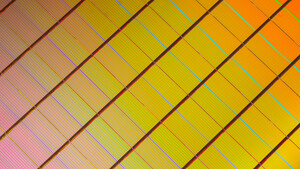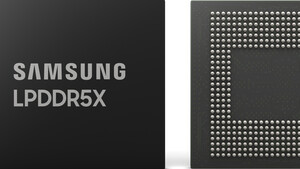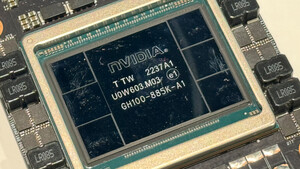I posted this thread on reddit too (https://www.reddit.com/r/hardware/comments/111v30g/some_say_that_ddr5_consumes_less_power_but_does/ )
I wanted to hear the opinions from this forum as well, since many users here are highly knowledgeable about power consumption.
Apparently for the same given frequency (ex: DDR4 4000mhz vs DDR5 4000mhz) , DDR5 consumes less power as DDR5 Voltage is 1.1 while DDR4 voltage is 1.2 (XMP off) to 1.35 (XMP on). However new generations of ram have WORSE performance for the same given frequency, so basically DDR4 3600mhz = DDR5 5000mhz (or something close to that) performance-wise.
DDR5 ram runs hot. That could be because it takes more power (even though it's 1.1v default, it could take enough amperage to consume more power total than DDR4) or the heat could be just due to the fact that the power consumption is controlled on the ram itself in DDR5 rather than the motherboard. Here's a couple Debauer testing videos where he observes heat and voltage from 2021:
https://www.youtube.com/watch?v=fpVFeAxwtf0

So my main question is- how likely do you think it is that the heat and/or higher frequency of DDR 5 (necessary to achieve the same performance of lower frequency DDR4) means that the DDR5 amperage is high enough cancel out the power consumption benefits of DDR5 running at a lower voltage ? For equivalent performance, which do you think takes more or less power, DDR4 or DDR5?
Thank you.
I wanted to hear the opinions from this forum as well, since many users here are highly knowledgeable about power consumption.
Apparently for the same given frequency (ex: DDR4 4000mhz vs DDR5 4000mhz) , DDR5 consumes less power as DDR5 Voltage is 1.1 while DDR4 voltage is 1.2 (XMP off) to 1.35 (XMP on). However new generations of ram have WORSE performance for the same given frequency, so basically DDR4 3600mhz = DDR5 5000mhz (or something close to that) performance-wise.
DDR5 ram runs hot. That could be because it takes more power (even though it's 1.1v default, it could take enough amperage to consume more power total than DDR4) or the heat could be just due to the fact that the power consumption is controlled on the ram itself in DDR5 rather than the motherboard. Here's a couple Debauer testing videos where he observes heat and voltage from 2021:
https://www.youtube.com/watch?v=fpVFeAxwtf0
YouTube
An dieser Stelle steht ein externer Inhalt von YouTube, der den Forumbeitrag ergänzt. Er kann mit einem Klick geladen und auch wieder ausgeblendet werden.
Ich bin damit einverstanden, dass YouTube-Embeds geladen werden. Dabei können personenbezogene Daten an YouTube übermittelt werden. Mehr dazu in der Datenschutzerklärung.
So my main question is- how likely do you think it is that the heat and/or higher frequency of DDR 5 (necessary to achieve the same performance of lower frequency DDR4) means that the DDR5 amperage is high enough cancel out the power consumption benefits of DDR5 running at a lower voltage ? For equivalent performance, which do you think takes more or less power, DDR4 or DDR5?
Thank you.



